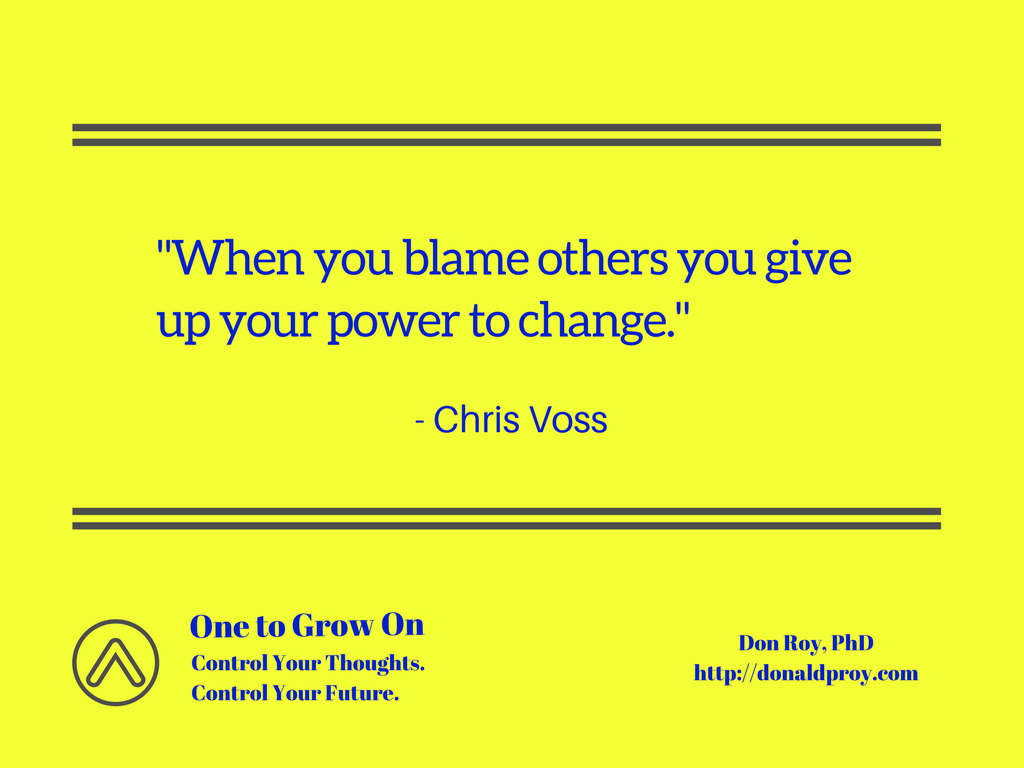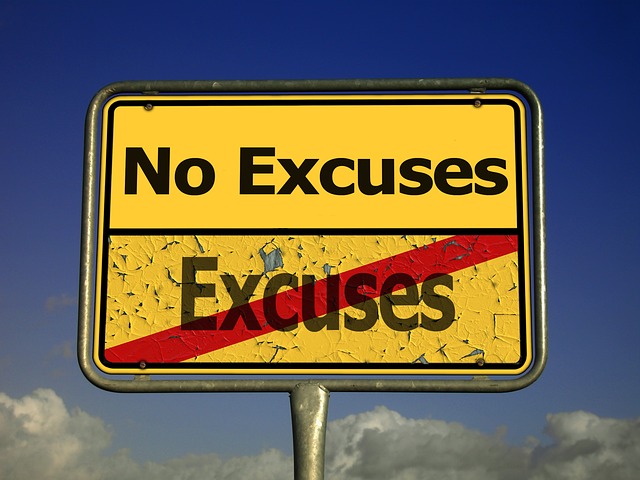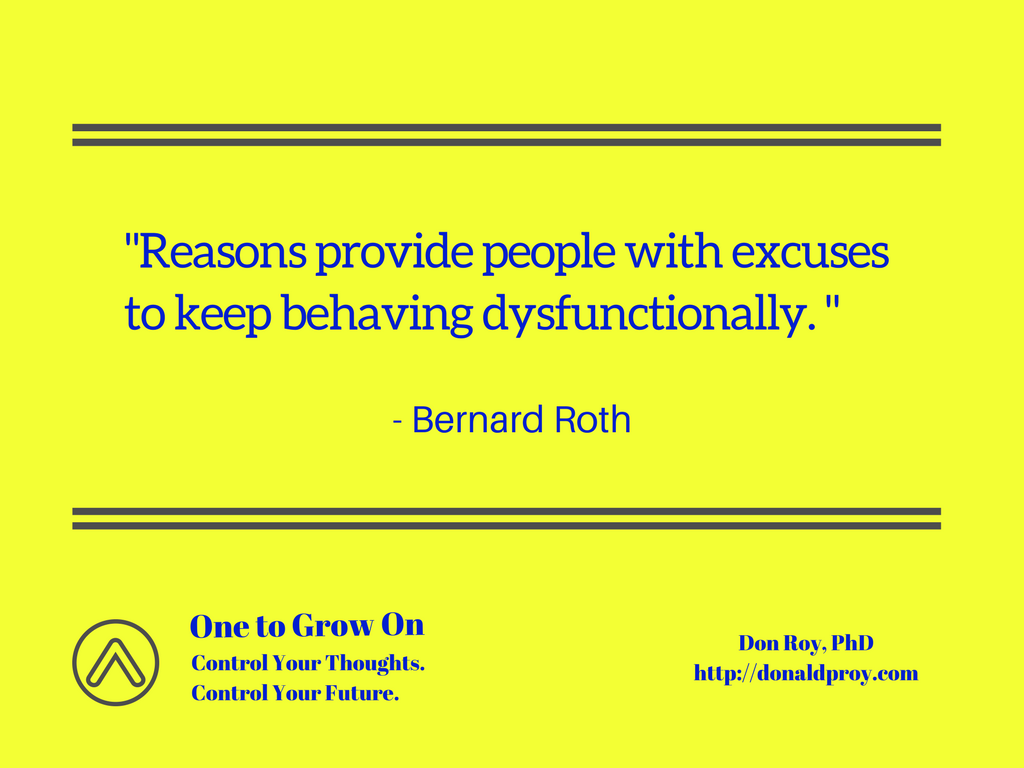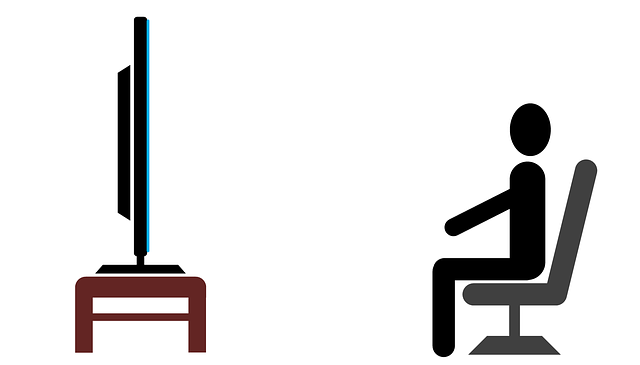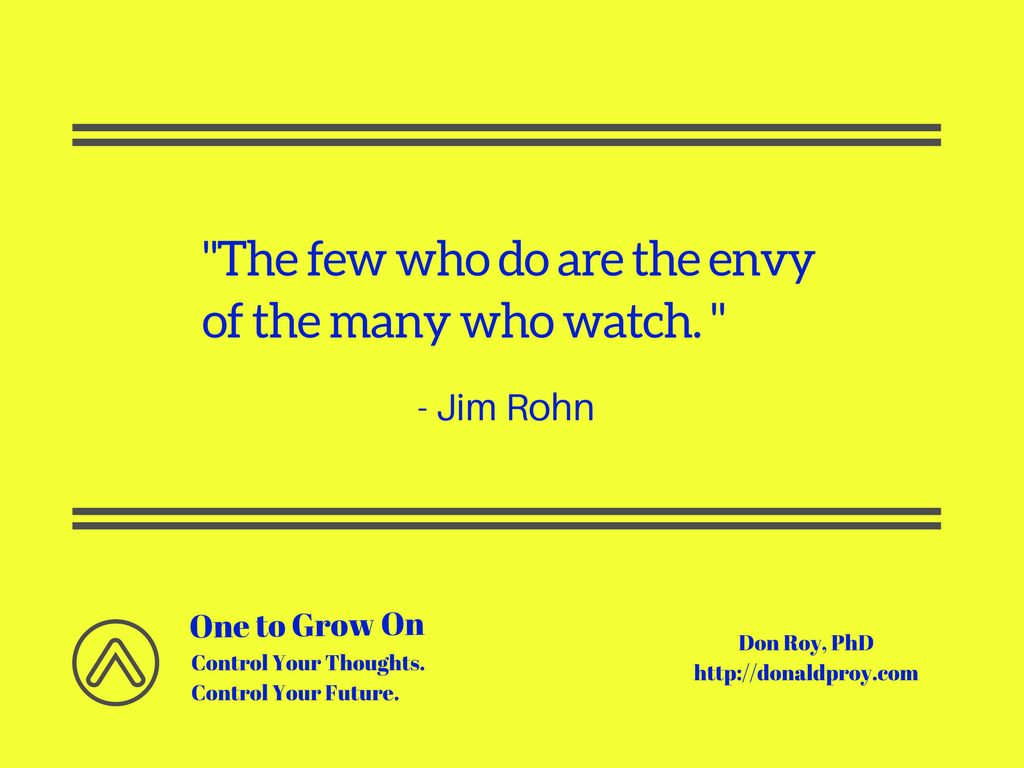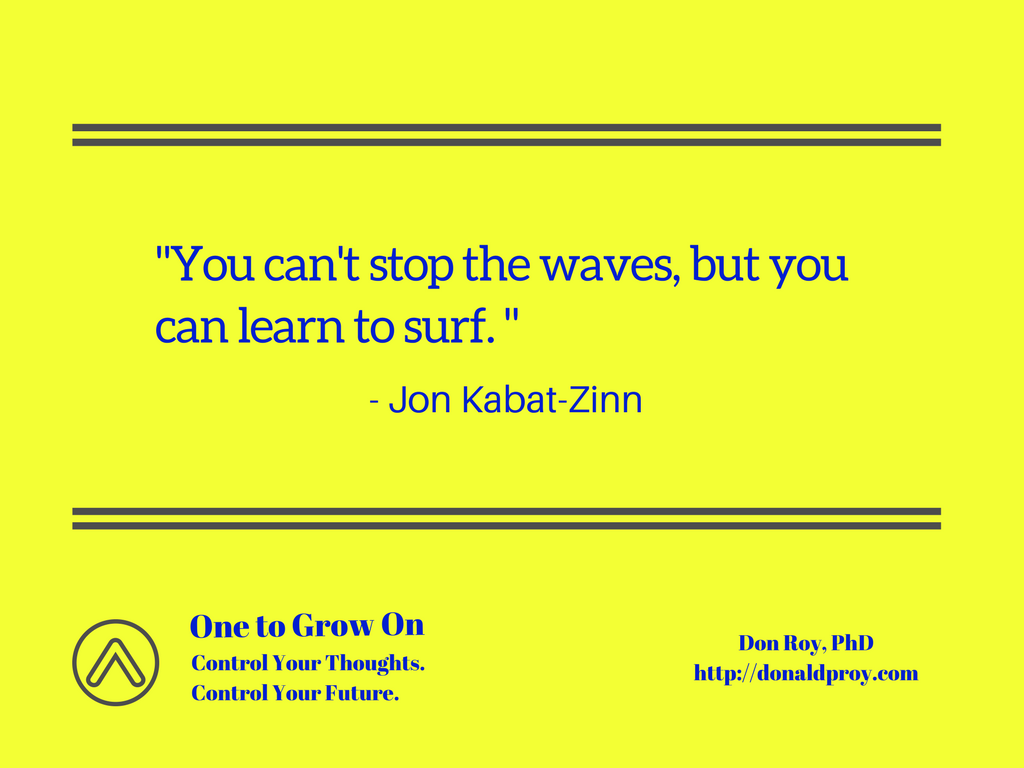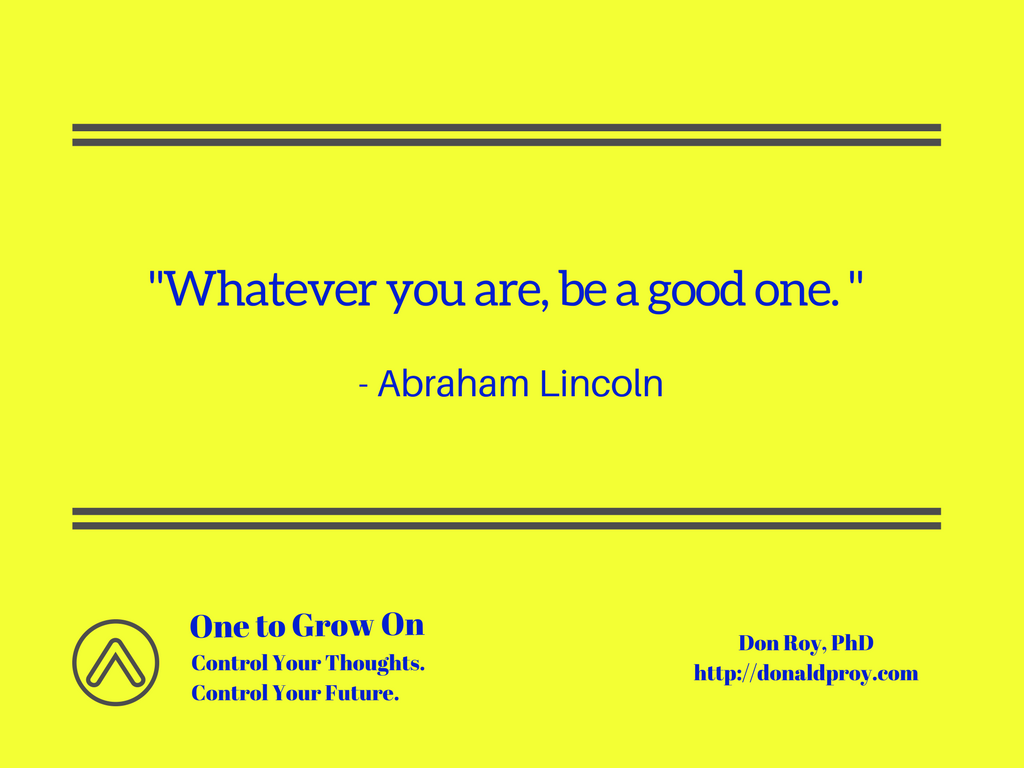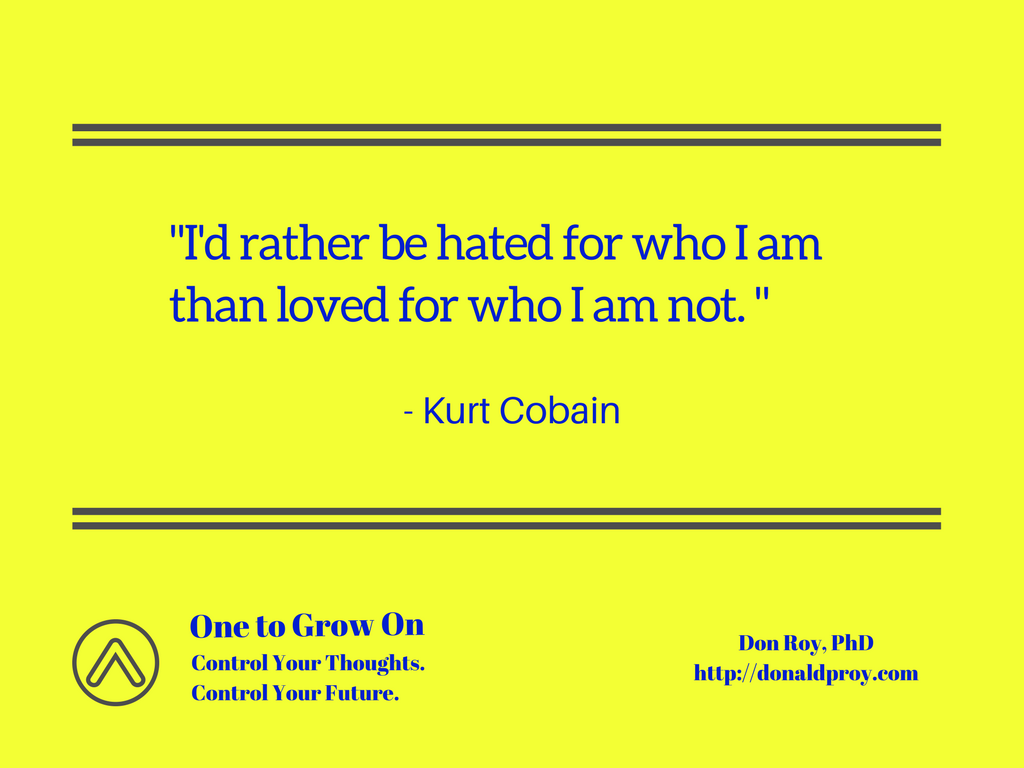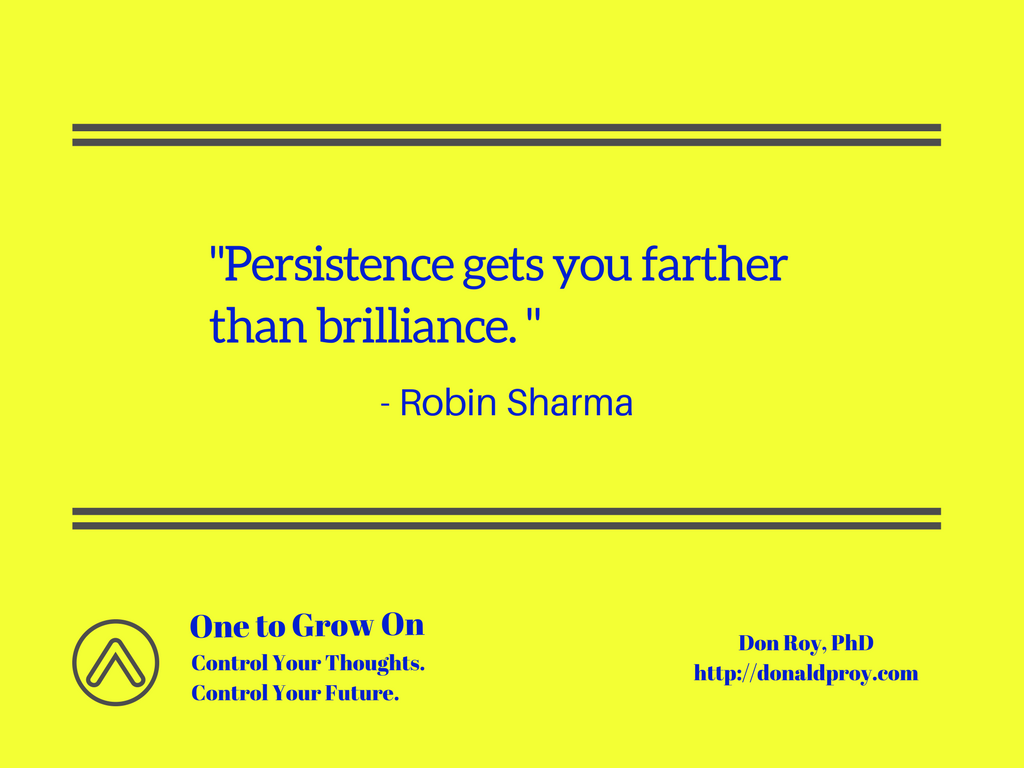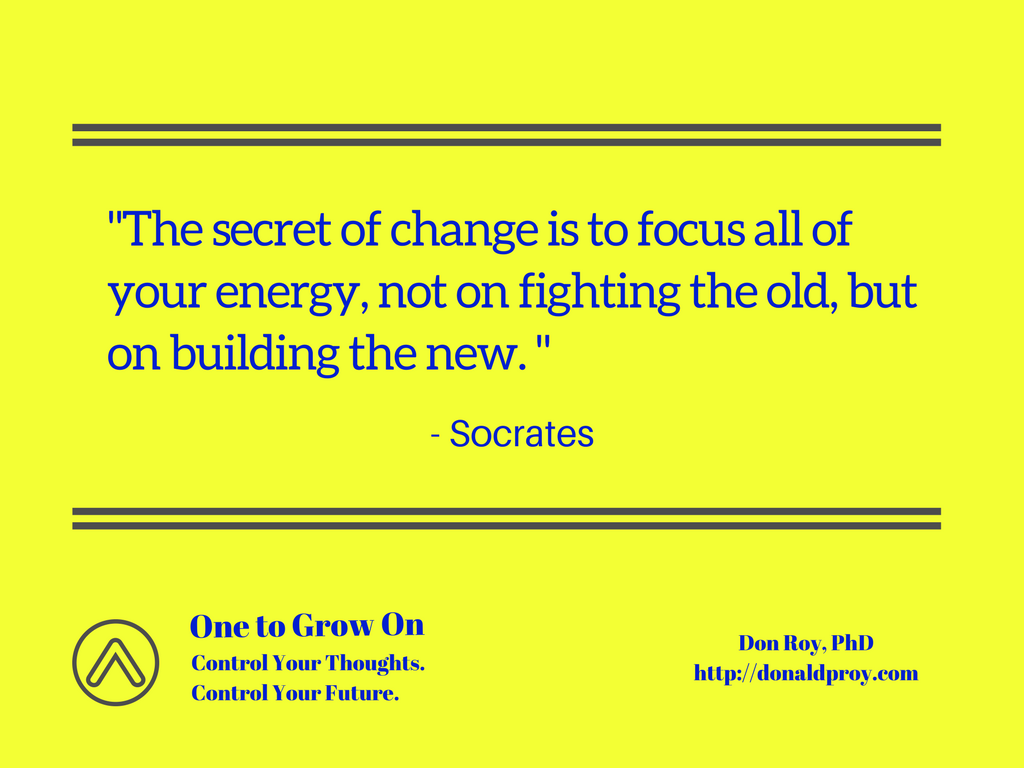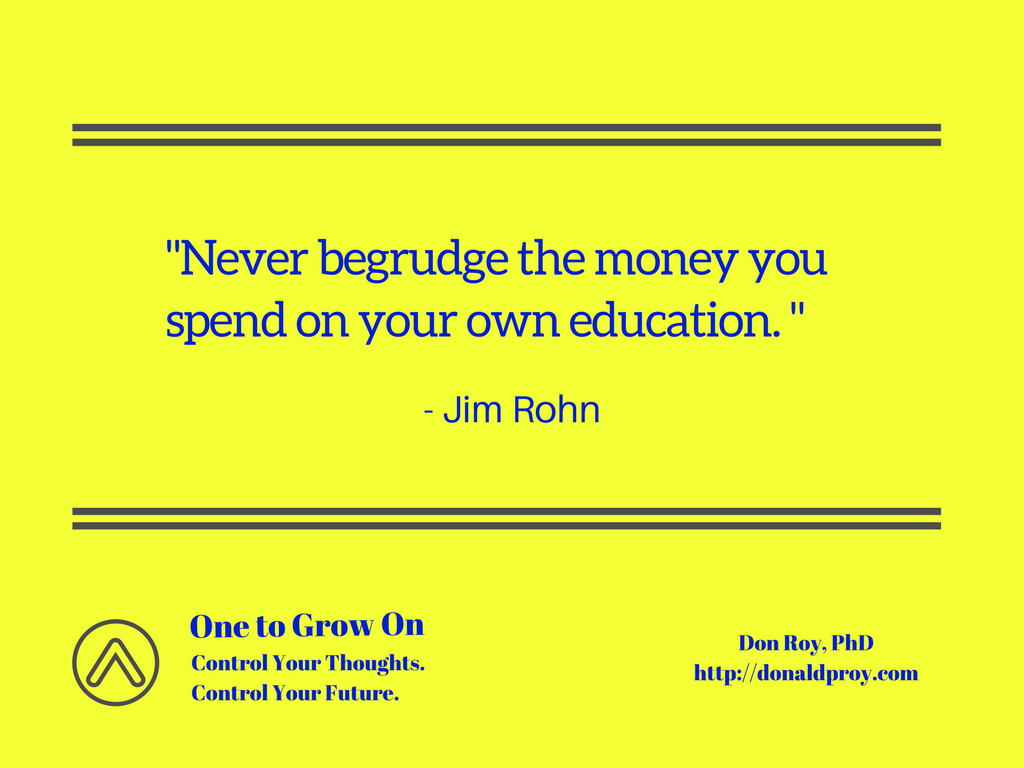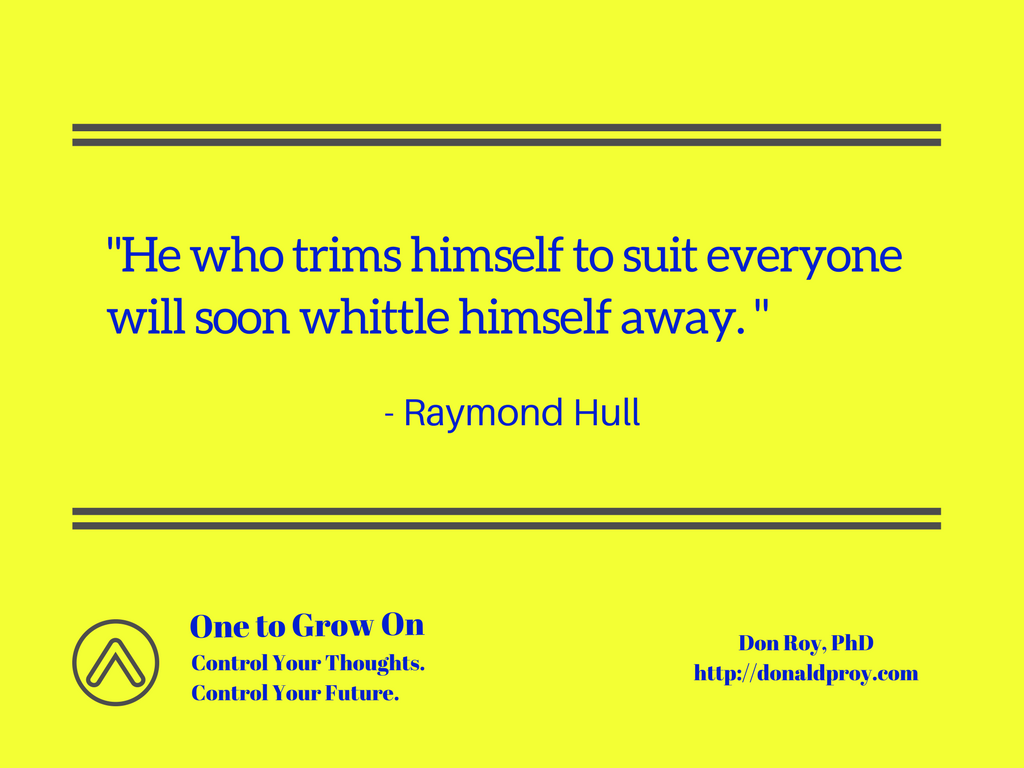The blame game is one for which many of us have potential to become an all-star. It is easy to attribute failures and shortcomings to external sources when things do not go our way. Why should I take the fall for an outcome that I did not want, and by extension, could not be possibly caused by me? If we allow ourselves to have enough practice at the blame game, we could evolve to the point at which we do no wrong. All failures are due to other people, events, or trends.
Our goal should be to give up playing the blame game. Pointing the finger elsewhere is convenient and absolves us of responsibility… at least in our mind. However, former FBI international kidnapping negotiator Chris Voss points out a downside to playing the blame game. Voss says blaming others denies us of a chance to change.
Rather than doling out blame every chance we get, should we be seeking opportunities to accept responsibility for our failures?
Why We Play the Blame Game
The idea that attributing failure to others does more harm to us than good is one I can accept. However, living that idea can require a significant mindset shift. It is a place I have to prepare myself to be as I am not there yet. Sadly, it is a place at which some people will never arrive. Why are we often inclined to place the blame elsewhere?
Blame is easy. Attributing failure to external sources is a quick and painless way to diagnose shortcomings. Sometimes, external forces can be very difficult to overcome—a brutal economy, an abusive boss, or a ruthless competitor come to mind. We cannot stop any of these negative forces, so how could we possibly be at fault when they are around?
Blame is painless. When we deflect taking responsibility, it saves us from taking a hit to our pride. If you lost out on the promotion to Gina, you can take comfort in the explanation that the boss likes Gina more. It has nothing to do with you… or does it? It is not a consideration when we use external attribution like medicine to treat failure.
Blame is normal. External attribution of failure is an accepted practice. Identifying something or someone other than ourselves as the cause of our woes is common in our culture. Doing so saves us the trouble of deeper introspection to understand our role in personal failures.
Blame versus Growth
This week’s One to Grow On quote suggests blame is a threat to personal growth. It offers short-term relief from the sting of failure but does not address how I can learn and grow so that I do not experience similar failure in the future. Instead of being a source of relief, blame should make me squirm when it enters my mind as an explanation for falling short. The reason is that external attribution prevents us from taking internal inventory of our strengths and weaknesses. If we are the reason for not making the sale, passing the exam, or strengthening the relationship, pinning the problem on others will mask our inadequacies. The bottom line is a me-first approach is needed to examine failure and being open to change.
The Point
One of my favorite sayings about blame is when you point at something or someone else as the problem, you have three fingers pointing back at you. The idea is we are more likely to find the root cause of failure by looking at where the three fingers are pointing, not where the lone finger is pointing. My goal is to become a horrible player of the blame game.


